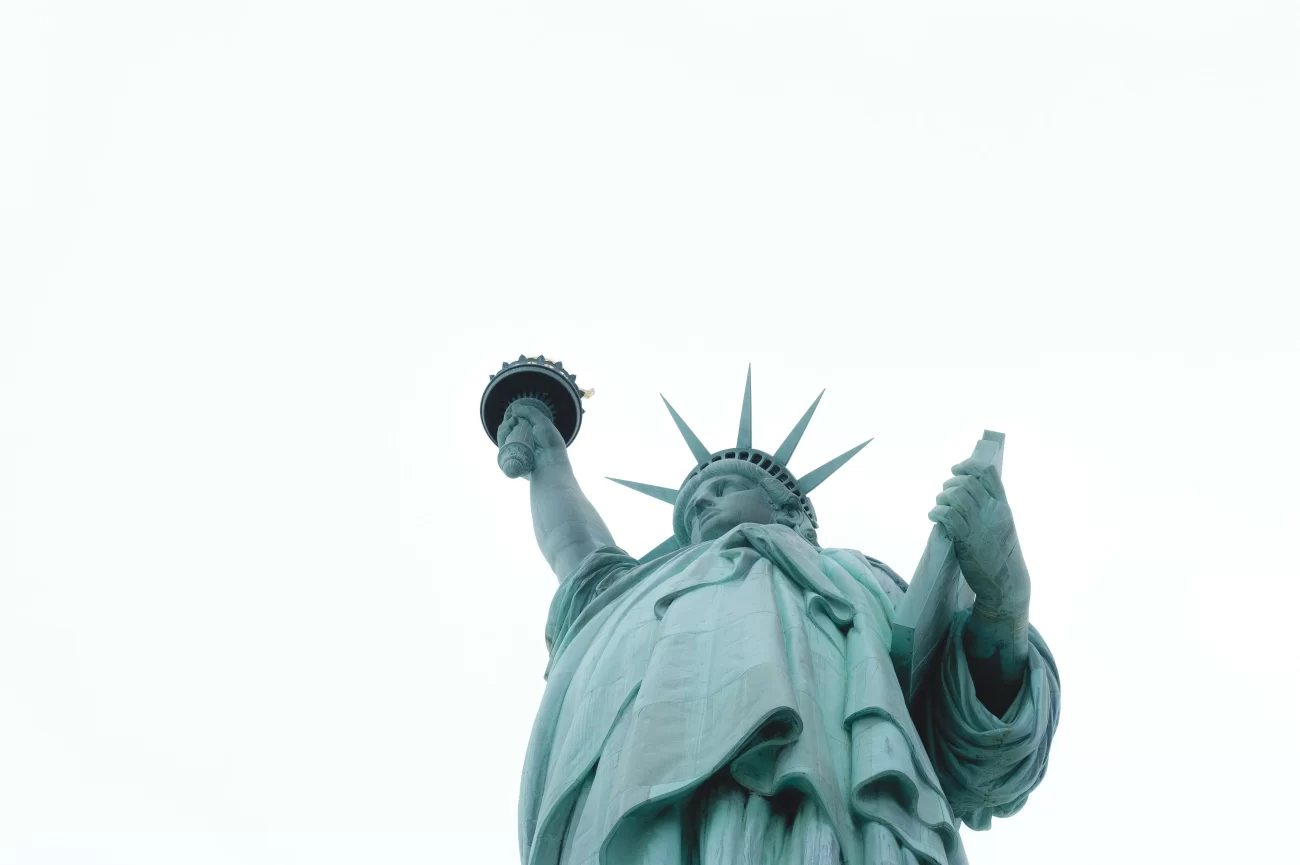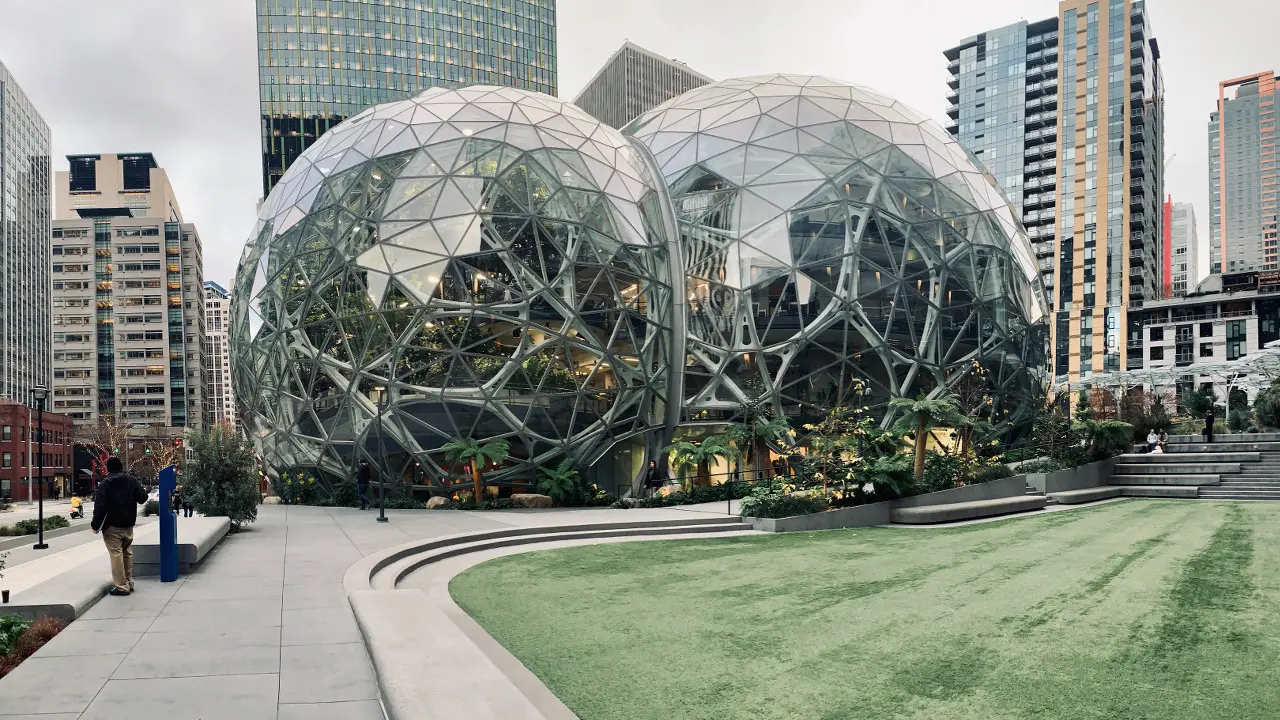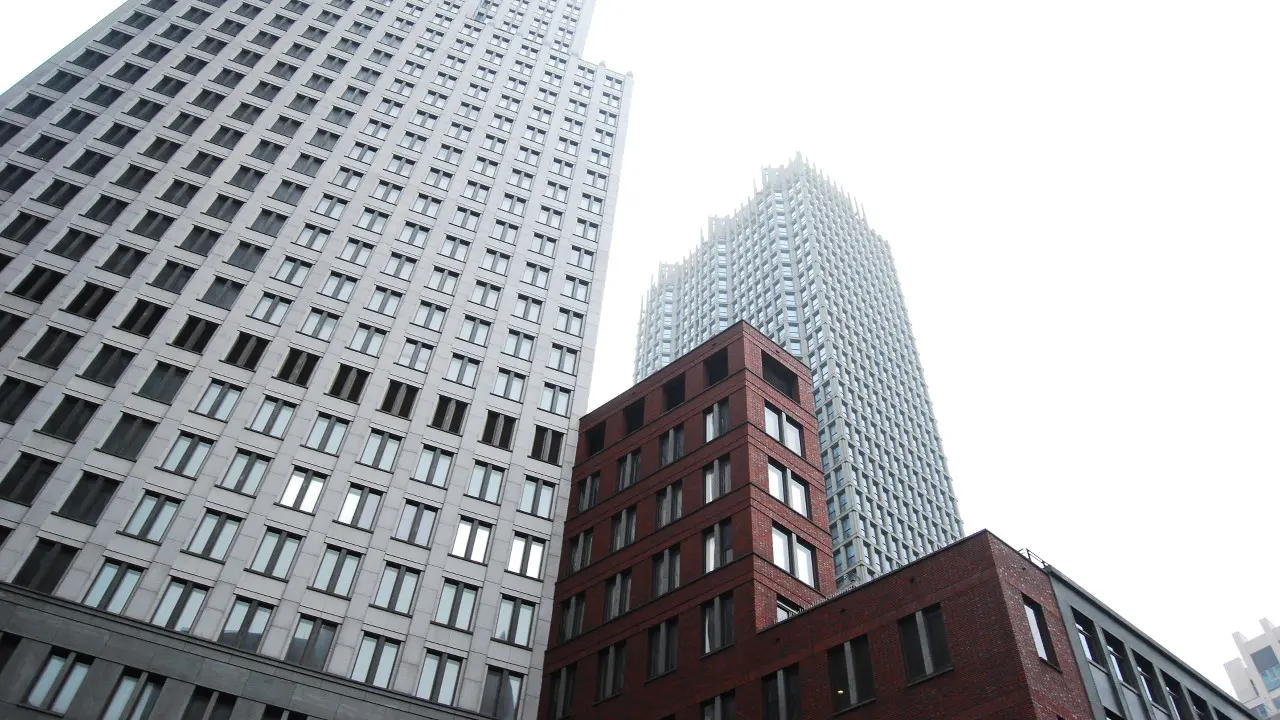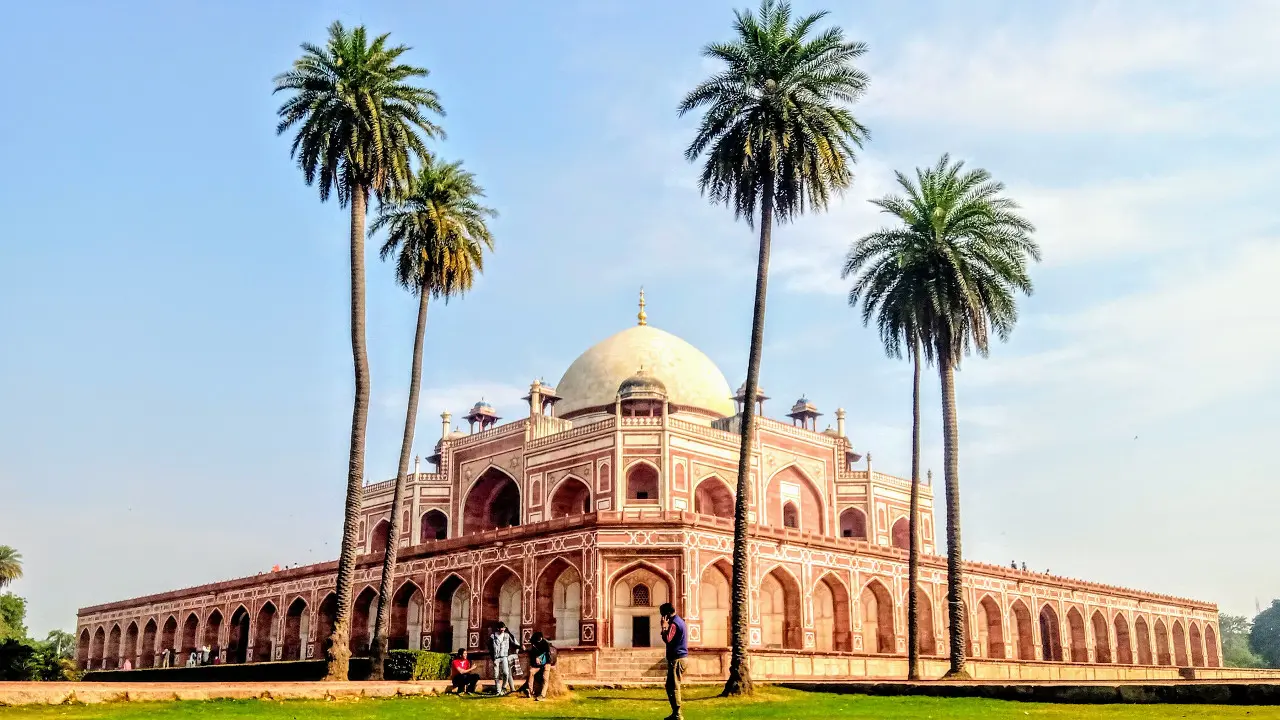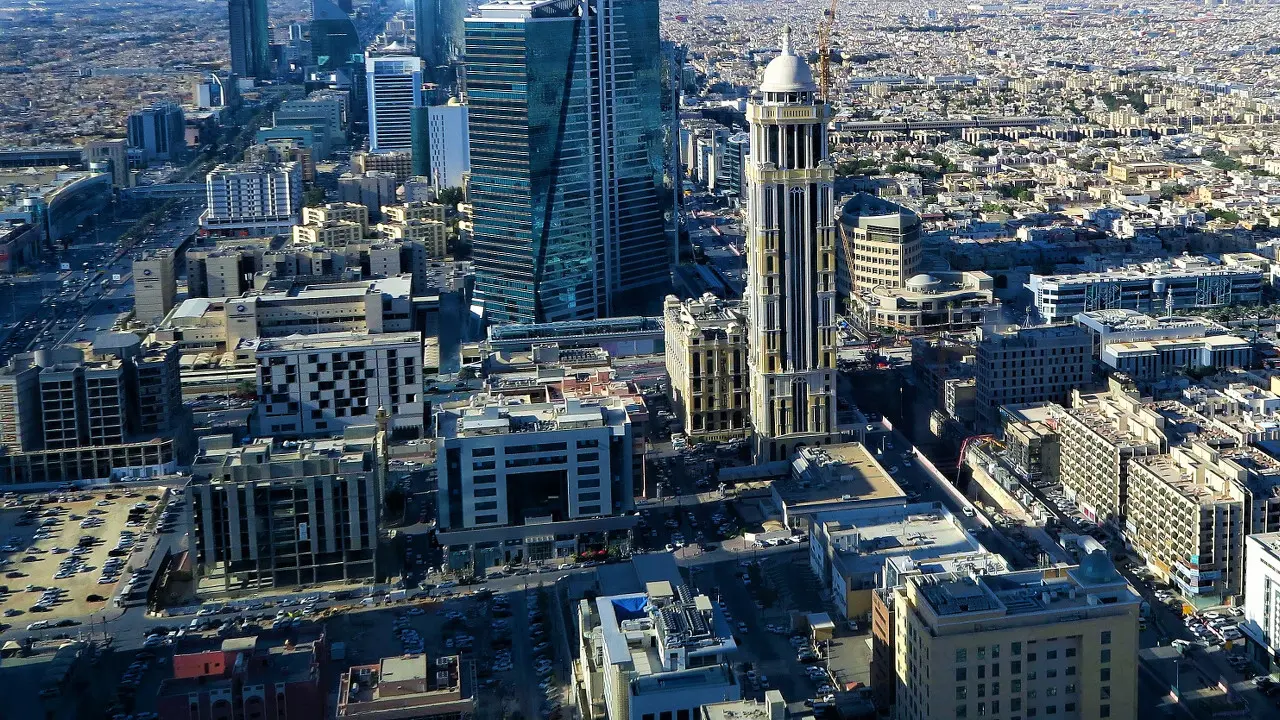
What visa did you need to immigrate to the US?
Singaporeans actually have a special US visa, the H1-B1, that they are guaranteed to get once they find a willing sponsor in the US. It’s different from the regular H1-B in that the visa quota is never met, so applications are pretty much guaranteed to go through – for the regular H1-B, there is only a 1 in 3 chance of it being successful. Nonetheless, many companies don’t know about the existence of the H1-B1 visa, and so will not consider hiring Singaporeans over other non-American nationalities just because the H1-B1 is easier to get. Therefore I would say the best chances for anyone, not just Singaporeans, to move to the US for work would be to work for a large global company, as I did, and request a transfer to the US office. An intercompany transfer results in an L-1 visa, which is also guaranteed, regardless of nationality, once there is a willing sponsor. The only downside is that you absolutely cannot change employers while on the L-1, while on the H1-B you can, although the process is still quite tedious.
How did you find an apartment?
For finding apartments in NYC, there are plenty of websites such as streeteasy.com. However, the key thing is to act fast and apply right away once you see an apartment you like. In NYC, apartments can be gone the very next day if you hesitate, so be sure to already have all application documents ready and on-hand when you go apartment viewing.
Katrina was born in and grew up in Singapore, and currently works in Zurich, Switzerland, as a Management Consultant.
MOVING TO NYC
When and why and how did you move to NYC?
I moved to NYC in 2015, as my partner at the time was studying there. I had also always wanted to work abroad, so I jumped when an opportunity to move to and work in NYC came my way. I would say it was probably easier back then than it is now, as this was before the Trump era, but it still took quite a bit of initiative and courage on my part. My company was due to hold a conference in Singapore, which many senior employees from the company’s overseas offices were attending. I was part of the organizing committee, so I had access to the guest list. I then cold-emailed everyone that was on the list in the department that I was interested in transferring to in NYC, and asked them to meet me for a chat during the conference. Afterward, during the conference, I hunted down those who agreed to meet based on their LinkedIn photos. In total I spoke to about 6-8 people, and 2 of them ended up sending my resume on to HR. Two months later I flew to NYC for an interview, and a month after that I had an offer letter.
Did you feel safe in NYC?
As a woman, I usually felt safe in NYC, but this could be because I only ever lived in the Manhattan area – I cannot speak for other boroughs. There have been times that I walked home at 2 or 3 in the morning and didn’t feel unsafe, mainly because there were always other people around. It is the city that never sleeps after all!
Moving to New York
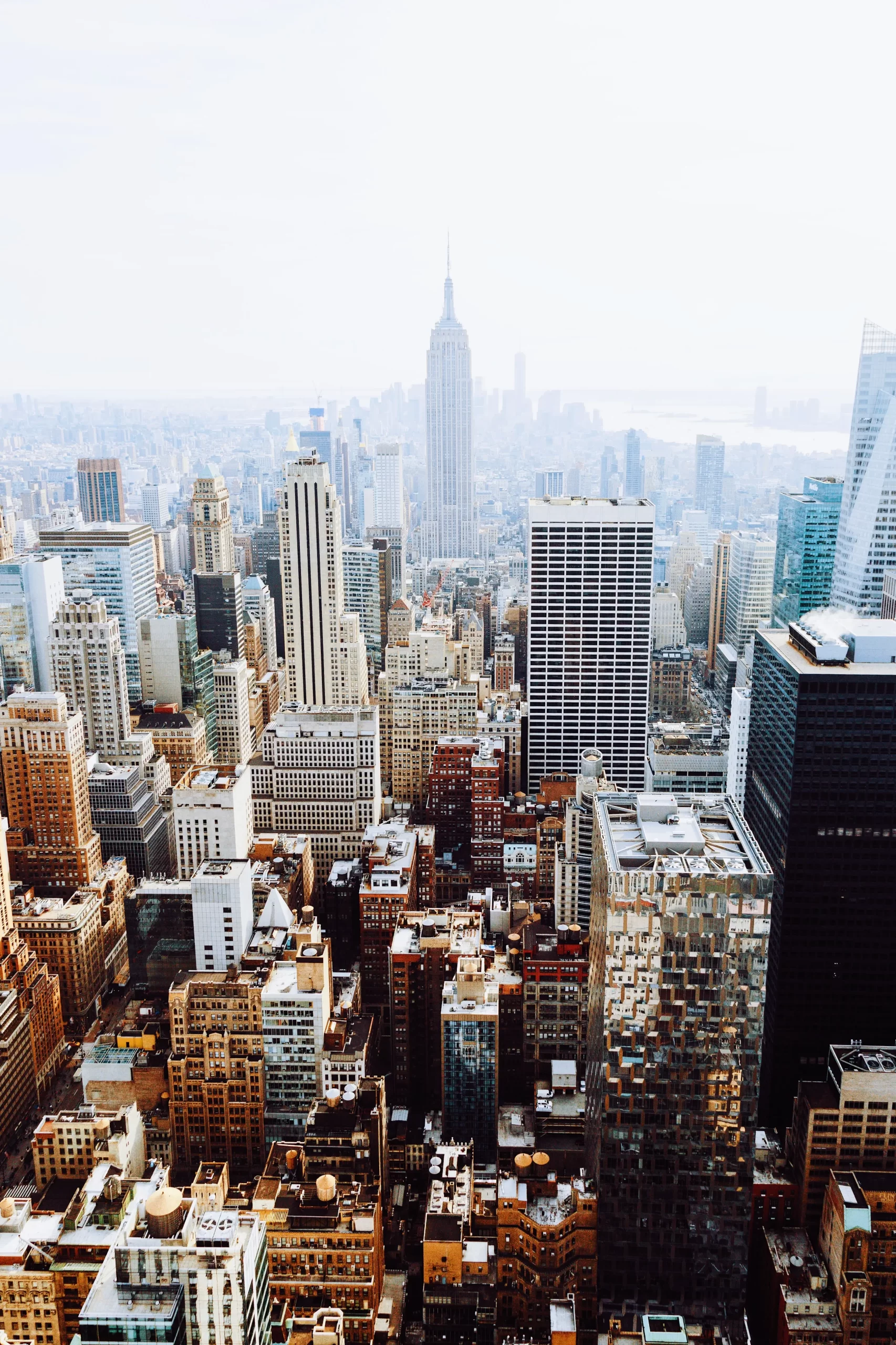
How did living in NYC compare to other cities or countries?
Living in NYC was the complete opposite of living in Singapore or Switzerland – there was noise and activity all the time, and the quality of living wasn’t very high. Even though Singapore and Zurich are constantly ranked among the most expensive cities in the world, along with NYC, I would say that I still feel that NYC is more expensive than both of them, simply because you could pay a lot for something of poor quality (especially apartments), while in Singapore and Switzerland there is usually a minimum level of quality. However, NYC is by far more exciting than Singapore or Switzerland, so it’s definitely a trade-off. NYC was definitely the best choice for me at that stage in my life, just as Switzerland is the best for me now.
What were your favorite things to do in NYC?
I liked discovering new restaurants and bars, partying with friends, and going for long walks. I also lived a very active lifestyle and boxed 3-4 times a week, in addition to running for 45min-1h once a week.
How did you make friends in NYC?
Making friends in NYC was both easy and difficult at the same time. It was very easy to meet new people; it happened all the time, but very difficult to forge meaningful or deep friendships with them. Everyone is so busy all the time and has their own priorities, and is therefore unwilling to make additional space or time in their lives for new friends. I was lucky in that many of my coworkers in NYC were also immigrants around my age, so we had a lot in common, and they then became my main group of friends in NYC. I wouldn’t generally recommend being such good friends with your coworkers, but in my case it worked out!
Final Thoughts
What are the main disadvantages of living in NYC?
The hardest part of living in NYC was definitely the financial aspect – even though I had a “good” corporate job, I was not paid very well. In addition, it normally takes international employees who transfer in from a different market a few years to “catch up” to their American peers in terms of compensation. I therefore could not afford to not have roommates until my last two years in NYC, and even then I lived in a small studio with no elevator or laundry and with a tiny kitchen, and was actually a few thousand dollars below the minimum annual salary threshold required to rent that apartment. I had to watch what I spent all the time, and didn’t save much money. Nonetheless, the experience of living in NYC is priceless, and I would recommend everyone try it at least once, even if only to discover you hate it!
How are Americans and Singaporeans different?
I would say the main difference between Americans and Singaporeans, at least in the workplace, is that Americans are a lot more talkative, while Singaporeans, like many other Asians, are comparatively quiet. I struggled at first to adapt to the American style of working at the office, where everyone was chatting with each other throughout the workday, while in Singapore, we mostly put our heads down and get our work done quietly – chatting too long in the office is frowned upon.
In the US, you’re expected to talk yourself up and sell yourself in the workplace. Behavior that might be seen as arrogant in Singapore is encouraged in the US. For example, we had to regularly talk to others about our strengths and achievements, and even had to write our own performance reviews. My coworker’s mentor made them rewrite their review over and over again because it wasn’t “selling” them well enough. I found it quite uncomfortable and it was definitely an adjustment, but on the other hand I do think Singaporeans on their part don’t try hard enough to talk about themselves in a positive manner. It’s just not in our culture to be “boastful”. Something in the middle would’ve been perfect.
In the US, you’re expected to talk yourself up and sell yourself in the workplace. Behavior that might be seen as arrogant in Singapore is encouraged in the US. For example, we had to regularly talk to others about our strengths and achievements, and even had to write our own performance reviews. My coworker’s mentor made them rewrite their review over and over again because it wasn’t “selling” them well enough. I found it quite uncomfortable and it was definitely an adjustment, but on the other hand I do think Singaporeans on their part don’t try hard enough to talk about themselves in a positive manner. It’s just not in our culture to be “boastful”. Something in the middle would’ve been perfect.
Thank you so much for your insight Katrina! I’m sure we all felt inspired by your dedication to make it in NYC! I wish you the best for this new year!
-
Pingback: Expat Story: A Frenchy in OZ - The Photography Confidential
-
Pingback: Expat Story: An Italian in Haarlem - The Photography Confidential
-
Pingback: Expat Story: A Filipina in Dubai - The Photography Confidential
-
Pingback: Expat Story: From the US to Stockholm - The Photography Confidential

